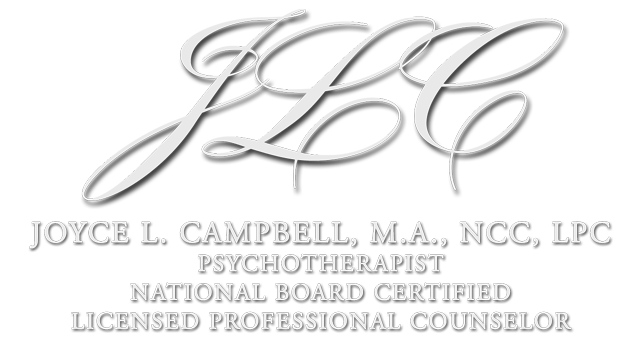Emotional Abuse of Children
Parents and caregivers who emotionally abuse children do these children a massive amount of harm. Below, in a combined list by competent professionals, you will find the specific actions included in emotional abuse of children.
- Constant criticism
- Belittling—put-downs, name calling and intimidating body language
- Rejection
- Continuous yelling
- Committing violence against the child or even threatening violence
- Allowing the child to witness physical or emotional abuse of another
- Withholding love, support and guidance
- Neglecting basic needs
- Destruction of one’s pet or valued possession
- Threat of abandonment (including suicide)
- Not allowing the expression of anger or sadness therefore curtailing the development of the full range of emotions
The above emotional abuse of a child forms a foundation of negative pathways in the brain. These pathways become automatic default passages deeply embedded in the brain. In other words, when something negative is said or done to the child, their thoughts automatically go to these existing negative connections, strengthening them. I do everything wrong. I guess they’re right, I’m worthless and always will be. These negative pathways foster anxiety, depression, low self-worth/confidence, self-loathing and emotional pain. Confusion also occurs and the child may wonder what they have said or done to bring on this treatment. What have I done? I shouldn’t have been born. I’m a mistake. I should die.
Warning signs of emotional abuse in children include:
- Being fearful of a parent or caregiver and saying they hate them
- Emotionally immature when compared to peers
- Talking badly about themselves (I’m dumb.)
- Sudden changes in speech such as stuttering
- Lowered grades in school
Ability for the child to trust is negatively impacted and therefore solid, lasting relationships are extremely difficult to achieve.
In at least one aspect it is important to note that the above harm to a child can amazingly be used for good. Research suggests that the emotional abuse experienced can actually bring about the ability to switch one’s train of thought quickly and adjust to a different idea, belief (if given better information), line of thought or situation. In the world of psychology this is known as cognitive (thought) flexibility. Workplace challenges, difficult social settings and moving to a new location are but a few of the situations in which thought flexibility is highly beneficial.
